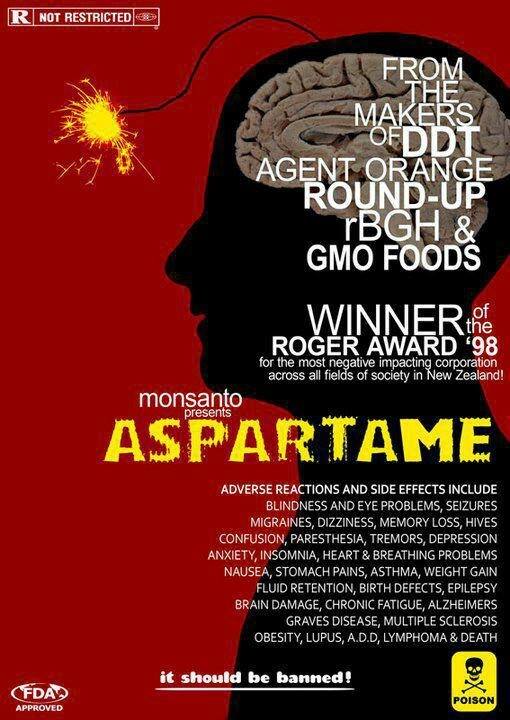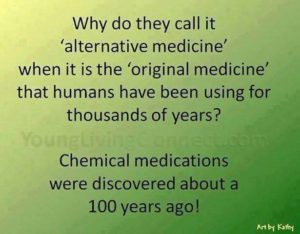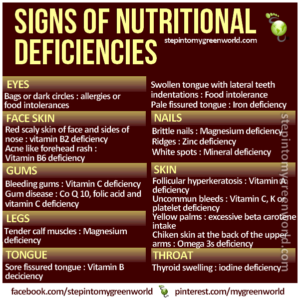
Breast Rx- Getting your serum vitamin D level above 30 ng/ml offers a 50 percent REDUCTION in metastasis of the #cancer compared to women who have a serum #vitamin D levels that were less than 20 ng/ml. Take home point to #breast cancer patients, those with a history, or those trying to prevent: Vitamin D helps, and your serum levels should be closer to 70 ng/ml, but even getting them above 30 would be good. Suzy Cohen, Pharmacist
Accept With Gratitude
How To Measure Your Thyroid Hormone Properly
Tired, Depressed or Overweight? Suzy explains how a lack of minerals in your diet produces a dysfunctional thyroid. Must have data!
https://www.youtube.com/watch?v=VnE-wPm3nPY
First Time Children Less Healthy Than Parents
Alternative Medicine
Aspartame

93 Experts Say GMOs Not Safe

To hear Monsanto and its hired guns and faux scientists tell it, everyone’s on the same page. Their page. Which is to say that genetically modified organisms (#GMOs), along with all their pesticides and herbicides, are perfectly safe. Case closed.
But this week, a group of international scientists (the real kind, not the ones paid by the biotech industry), physicians and academics signed a statement to set the record straight. No, they wrote. Despite the many claims to the contrary, there is no consensus that GMOs are safe.
Learn more
http://www.organicconsumers.org/articles/article_28589.cfm
Read the statement
http://sustainablepulse.com/wp-content/uploads/ENSSER_Statement_no_scientific_consensus_on_GMO_safety_ENG_LV.pdf
Read the list of scientists, physicians and academics
http://sustainablepulse.com/wp-content/uploads/First_signatories_to_the_statement_no_scientific_consensus_on_GMO_safety_lv.pdf






